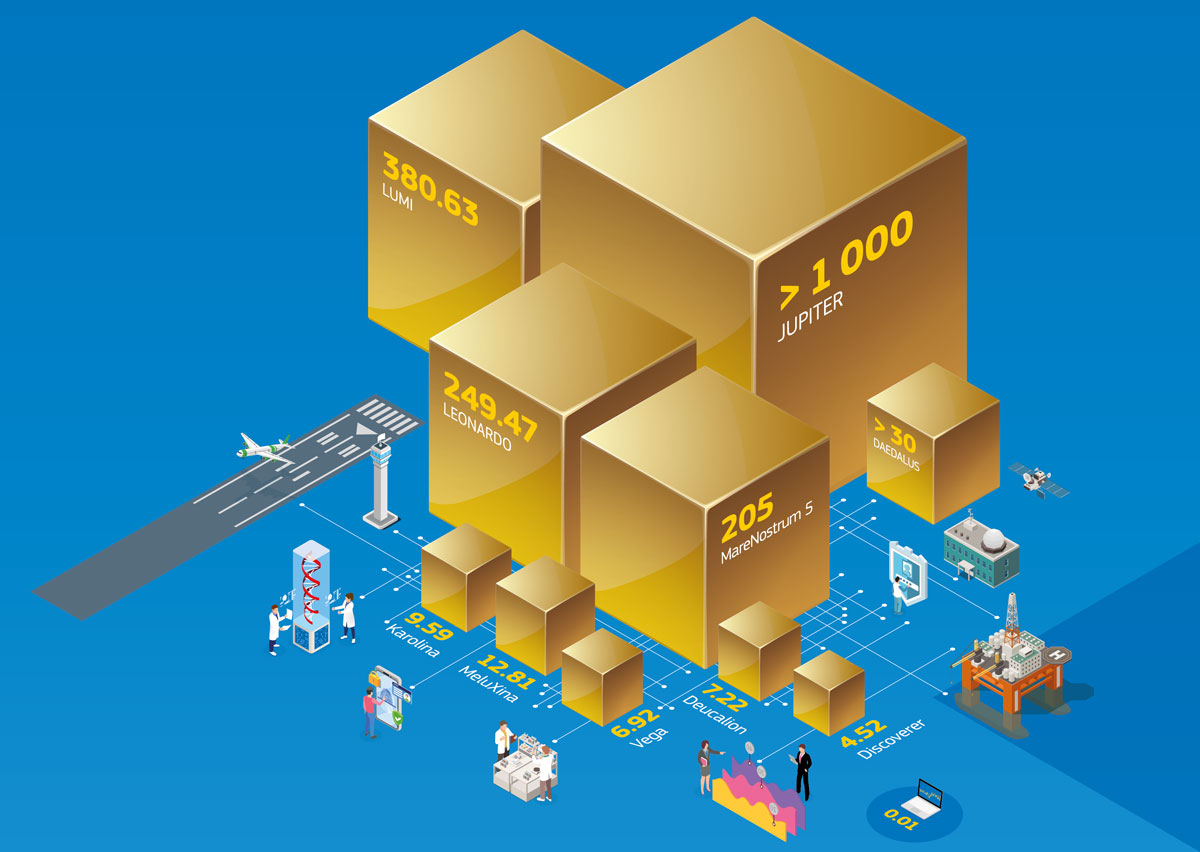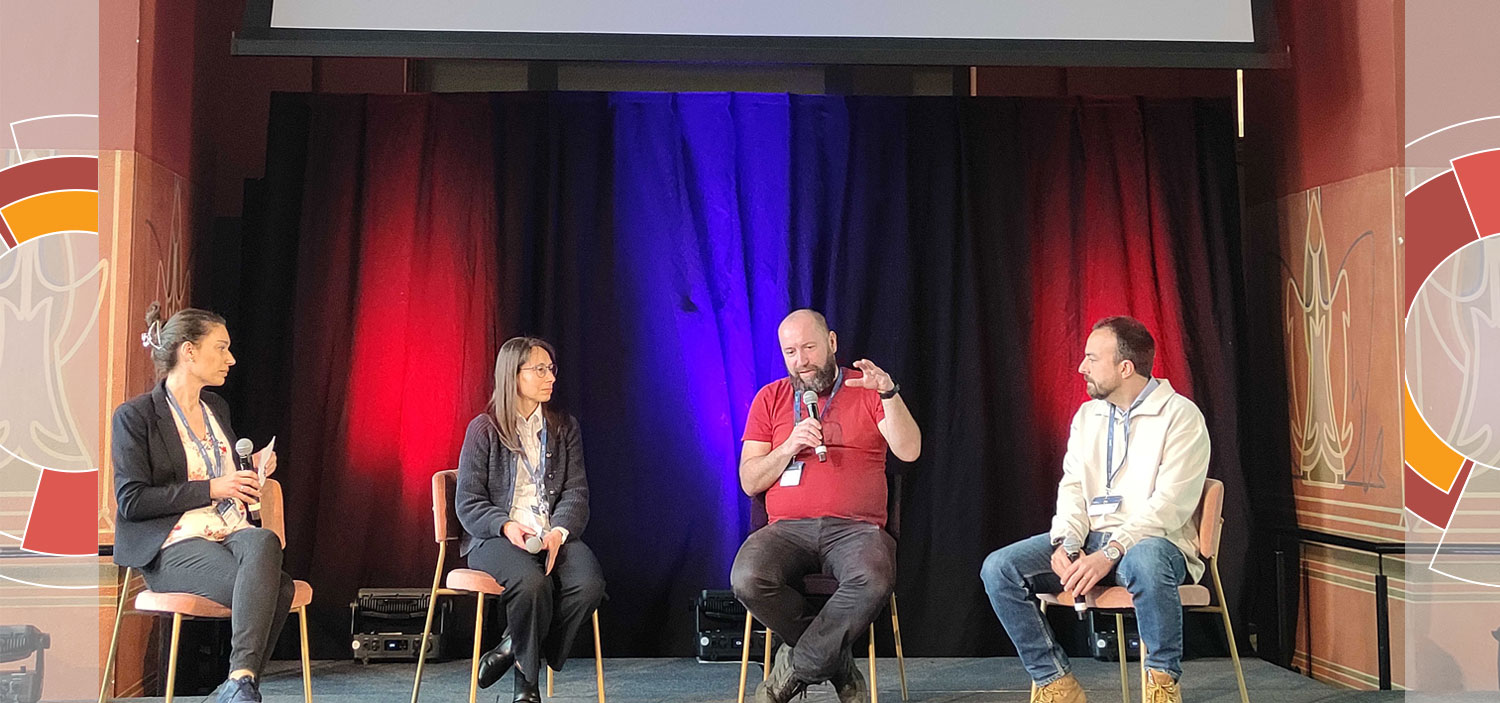Within the activities of the Croatian Competence Centre for HPC, experts from SRCE participated in the international conference EuroHPC Summit 2024, held from March 18th to 21st in Antwerp, organized by the EuroHPC Joint Undertaking.
The EuroHPC Summit, an annual conference designed to provide an overview of the work of the Joint Undertaking, also served as an opportunity to present future plans to the HPC community and to familiarize them with all the possibilities that EuroHPC brings. The conference had around five hundred participants, including partners of the EuroCC 2 project from 32 countries.
The theme of this year's conference was "Unleashing the Power of European HPC and Quantum Computing," with topics revolving around the possibilities offered by quantum computing and strategies for adapting supercomputing infrastructure to meet the needs of the growing number of projects in the field of generative artificial intelligence (AI). The initial results of surveys conducted as part of the EuroHyPerCon project were presented, with Croatia standing out for the number of surveys completed by HPC users.
SRCE experts participated in a panel discussion on the challenges of user support in the field of HPC. The panel included numerous European HPC competence centers as well as centers of excellence involved in the development and optimization of popular open-source scientific software. The panel emphasized that HPC support is a demanding process due to the complexity of the computing environment, and users need to be provided with detailed instructions, courses, scientific software, and tools for easier operation.
The conference also provided detailed descriptions of the computational capabilities of all supercomputers made available by EuroHPC JU to industry, public administration, and the scientific community, which collectively provide an impressive 857 PFlops, 15,597 CPU nodes, 7,869 GPU nodes, and 43,476 GPUs (Nvidia A100/H100, AMD MI250X). So far, 596 projects have been supported through open calls, of which 167 are currently active. Participants had the opportunity to hear a variety of interesting examples of infrastructure usage across several thematic blocks, such as the Destination Earth project working on creating a digital twin of the Earth, classic examples from fluid dynamics, chemistry, bioinformatics, the application of generative AI algorithms for European language analysis, and the use of HPC in the process of creating animated films.



